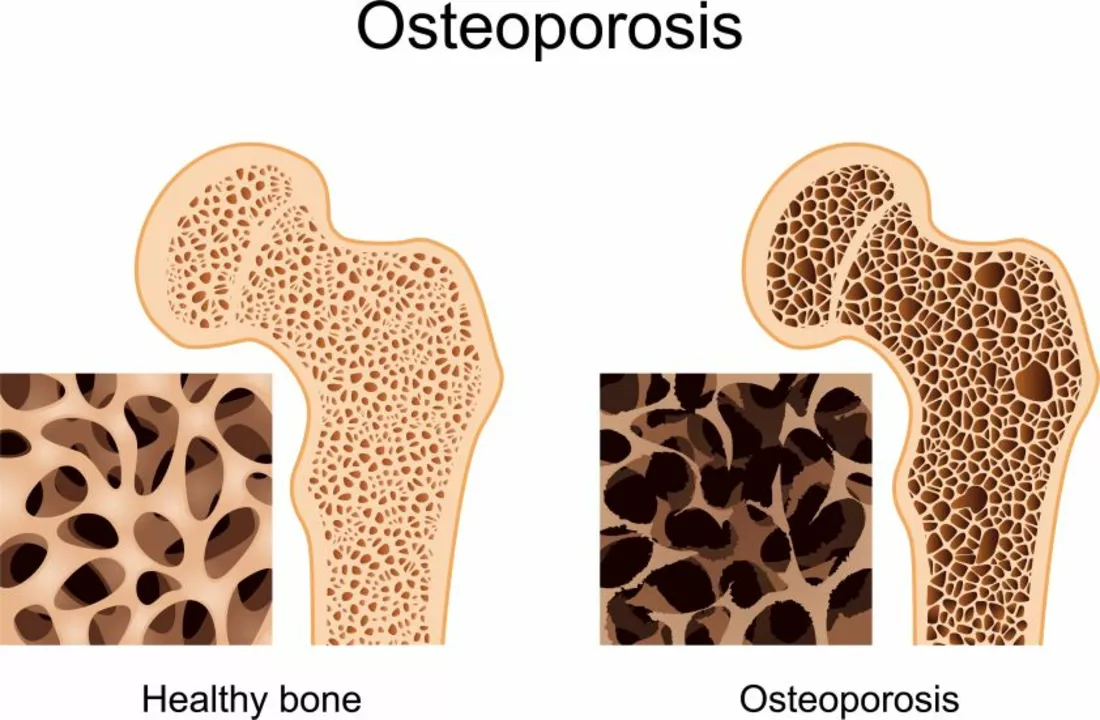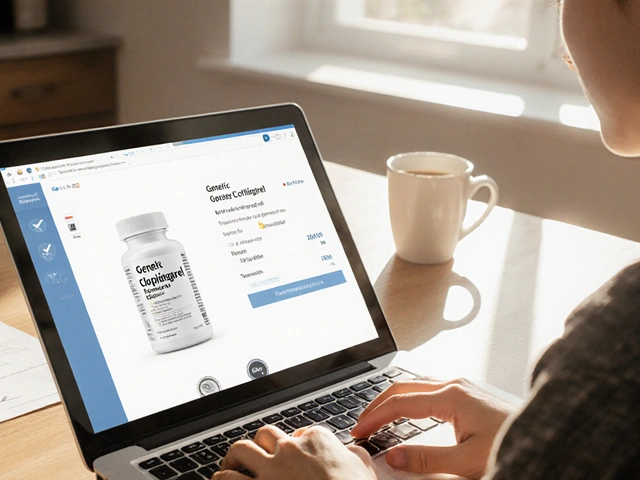Bone Health: How to Keep Your Bones Strong
Bone health is something many people overlook until they face problems like fractures or osteoporosis. But the truth is, taking care of your bones early on is simple and can make a huge difference. Your bones are living tissue that needs good nutrition, activity, and care to stay strong and healthy.
One of the key factors to strong bones is calcium. Most adults need about 1,000mg of calcium daily, which you can get from dairy products like milk and cheese, leafy greens, or supplements if needed. But calcium alone won't do the job—you also need vitamin D because it helps your body absorb calcium better.
Easy Lifestyle Habits for Healthy Bones
Regular exercise is another big player in bone health. Weight-bearing activities like walking, jogging, or light strength training encourage your bones to grow stronger. Even simple activities can help—just try to move around regularly.
Avoid smoking and limit alcohol, as both can weaken bones over time. Also, be mindful of your body weight; being too thin can raise your risk of bone loss, while being overweight puts extra strain on your joints.
Watch Out for Bone Problems Early
Many people don’t realize they have bone issues until a fracture happens. If you’re over 50 or have risk factors like family history or certain medical conditions, talk to your doctor about bone density tests. Early checks can help spot problems before they get worse.
Did you know that some medications and conditions affect your bones? If you’re on long-term steroids or have diseases like fibromyalgia, talk with your healthcare provider about how that might impact your bone health and what you can do differently.
Eating well, staying active, and getting regular check-ups are simple steps that add up to stronger bones over time. Your future self will thank you for starting today.

Osteoporosis and Glucocorticoids: What You Need to Know
- Date: 27 May 2023
- Categories:
- Author: David Griffiths
As a blogger, I feel it's important to address the connection between osteoporosis and glucocorticoids. Osteoporosis is a condition that weakens our bones, making them more susceptible to fractures. Glucocorticoids, a type of steroid medication, can contribute to the development of osteoporosis if used for long periods of time. It's crucial for those taking glucocorticoids to be aware of this potential side effect and to discuss preventive measures with their healthcare providers. By staying informed and taking necessary precautions, we can minimize the risk of osteoporosis related to glucocorticoid use.



